Few one-time golden boys manage to retain their lustre long into political office.
Barack Obama just about held on to his, leaving the US presidency with his approval rating high despite his party’s 2016 loss to Donald Trump.
But Emmanuel Macron is faltering in France and Justin Trudeau steps down as head of Canada’s liberal party with his popularity in shreds. So much for Western liberal values.
In the high tides of inflation and immigration, those who were their supposed flag-bearers are no longer what electorates want.
Follow live: Justin Trudeau announces resignation
For Mr Trudeau, it is a dramatic reckoning. His approval ratings have dropped from 65% at their highest in September 2016 to 22% now, according to the “Trudeau Tracker” from Canada’s non-profit Angus Reid Institute.
The sudden departure of his finance minister and key political ally Chrystia Freeland last month dealt his leadership a body blow, just as Canada readies itself for a potential trade war with the US which, she argued in a bracing resignation letter, his government was not taking seriously enough.
The man Mr Trump recently trolled as “Governor of the ‘Great State of Canada’ or ’51st (US) state'”, Mr Trudeau was as close to Canadian political royalty as it gets.
The son of the country’s 15th prime minister, Pierre Trudeau, he was famously toasted by US president Richard Nixon as “the future prime minister of Canada” when he joined his father on a state visit as a toddler.
Aged five, he met the late Queen for the first time. “Thank you for making me feel so old”, she remarked drily at a re-meet in Malta almost 40 years later.
He has led Canada’s liberal party since 2013 and served as the country’s 23rd prime minister for almost a decade.
Mr Trudeau won a resounding electoral victory in 2015 and secured the premiership through two subsequent elections, though as head of a minority government.
Read more from Sky News:
Mindy Kaling spills the beans on Meghan’s cooking skills
Calls for more research into flat head syndrome in babies
He made significant inroads against poverty in Canada, worked hard on nation to nation reconciliation with Canada’s indigenous communities, secured an effective trade deal with the US and Mexico in 2016 and managed to keep the public mostly on-side through the COVID-19 pandemic.
But he was a polarising figure. Holidays in exotic climes like a trip to the Bahamas in 2016 to an island belonging to the Aga Khan made him seem elitist and out of touch.
There was embarrassment when blackface images surfaced from his early years as a teacher, for which he apologised profusely.
His supposed liberal credentials smacked of double standards when he invoked emergency powers to crush truckers’ protests in 2022.
But it was the economic aftermath of the pandemic, with Canada suffering an acute housing shortage, immigration leaping under his premiership and the cost of living hitting households across the board which really piled on the pressure.
In those, Canada is not unique. But the opposition conservatives and the public at large clearly want change, and Mr Trudeau has responded.
He has announced his intention to resign as party leader and prime minister after the Liberals selects their next leader.
Mr Trudeau’s legacy may shine brighter with a little hindsight. But now is not that moment.
The question is whether his conservative opposition will fare any better in an increasingly combative geopolitical environment if, as seems likely, a candidate of their choosing wins a federal election due at some point this year.
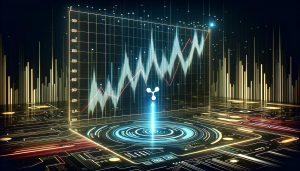



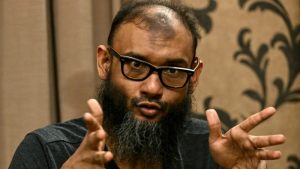

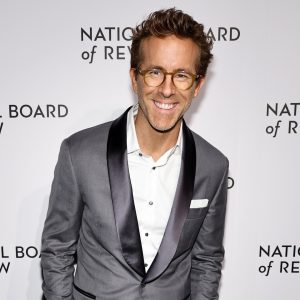


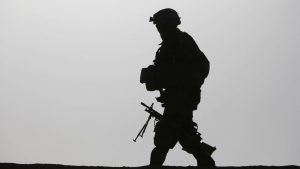
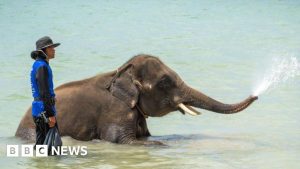




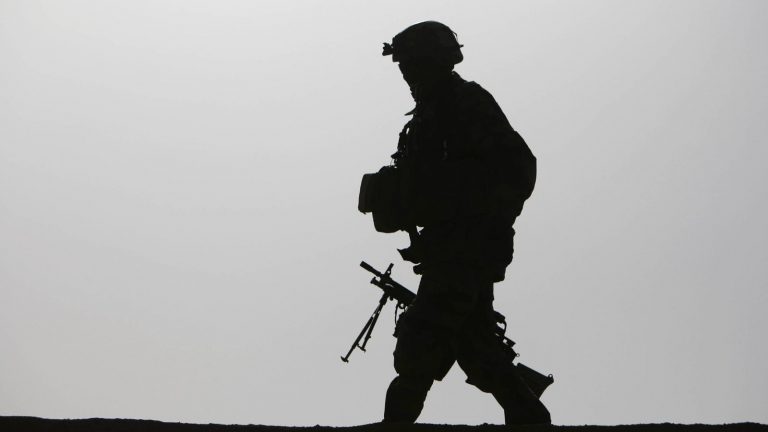
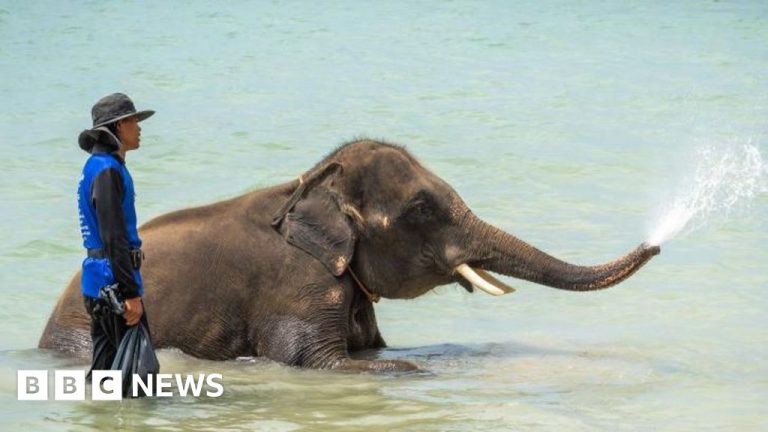
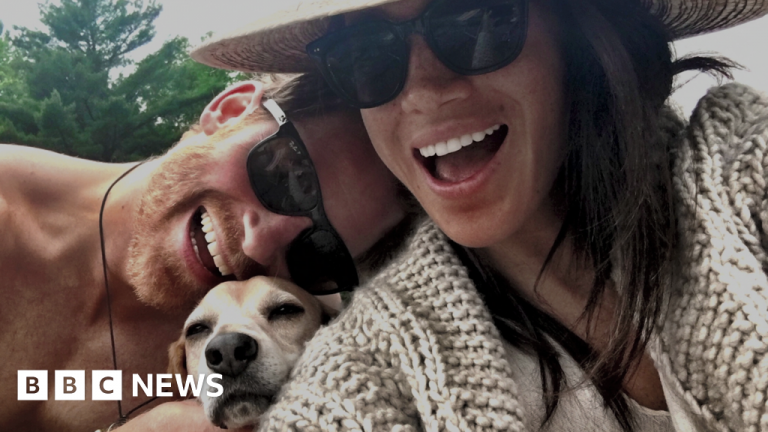
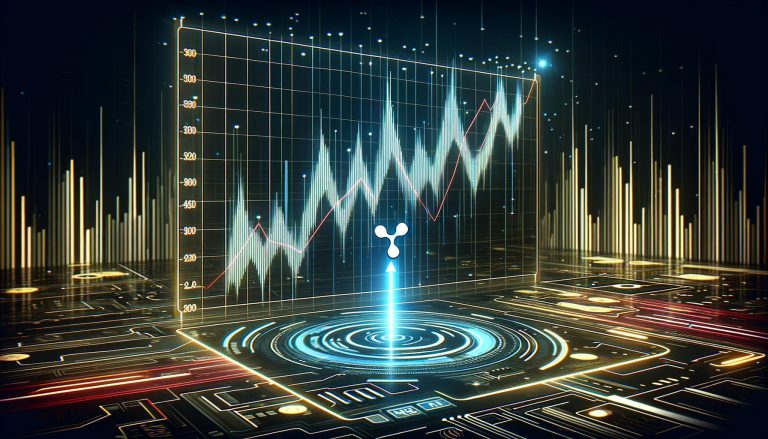
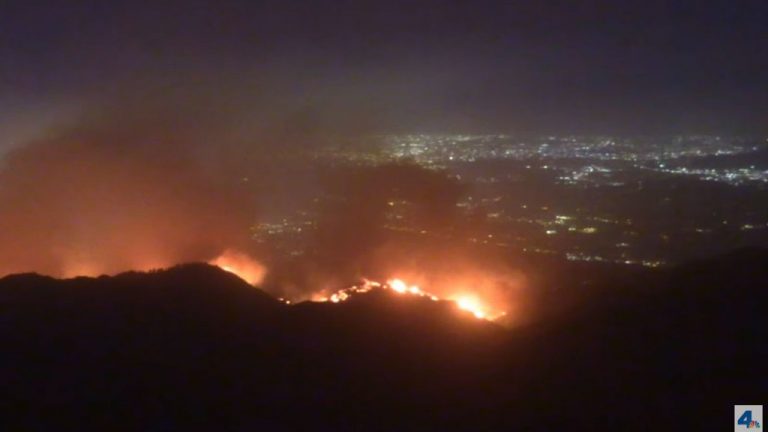

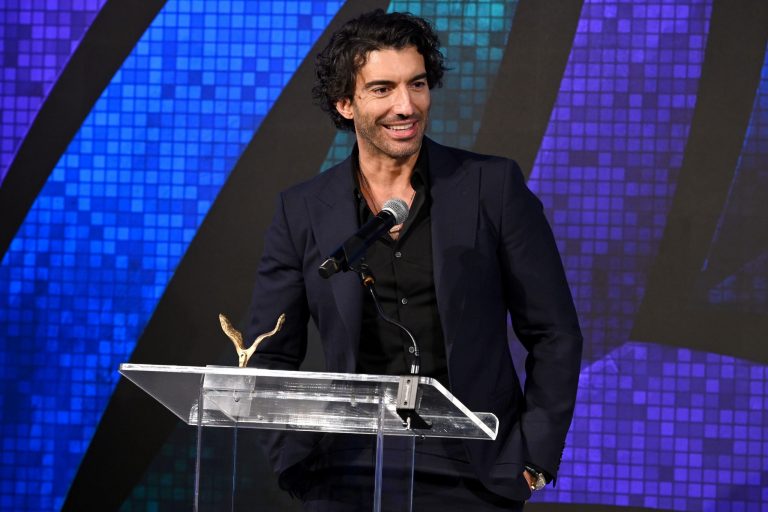
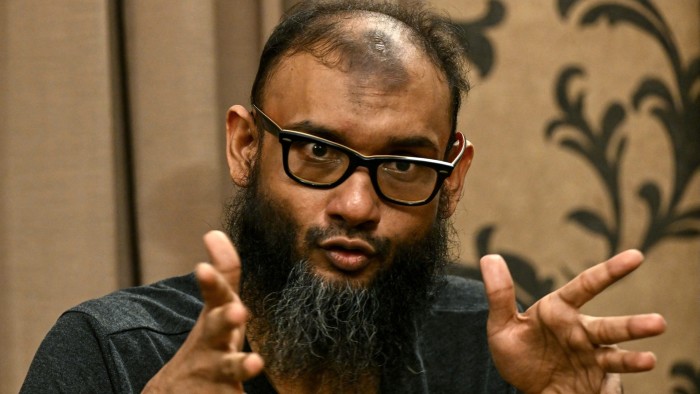

+ There are no comments
Add yours